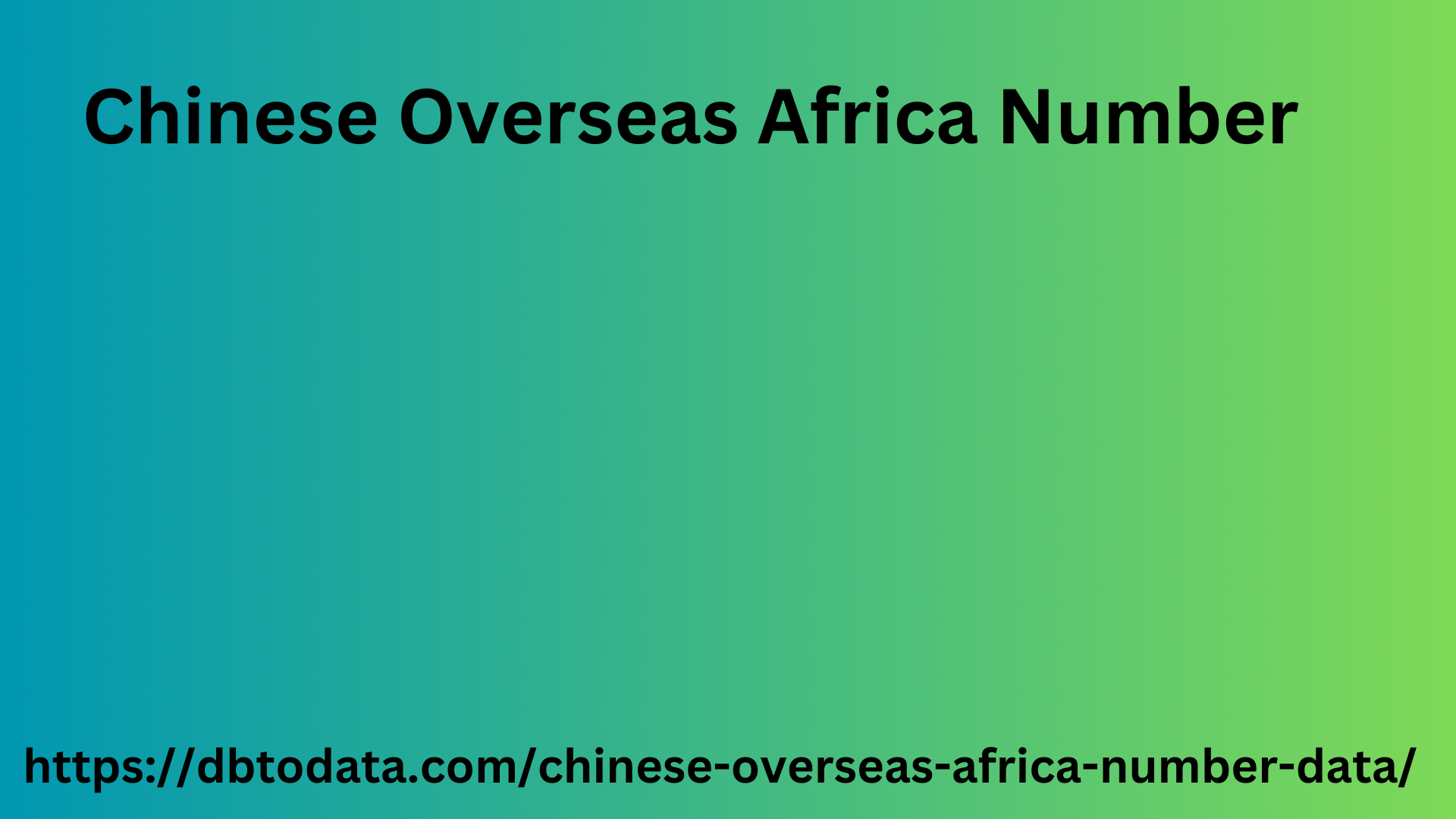|
|
In today's digital age, where data reigns supreme, one of the most valuable yet often overlooked resources is weather data. Beyond its role in forecasting rain or sunshine, weather data holds immense potential for businesses, governments, and individuals alike. Let's explore how harnessing this wealth of information can lead to smarter decisions and improved outcomes across various sectors.
For businesses operating in sectors sensitive to weather fluctuations, such as agriculture, transportation, and retail, access to accurate weather data can be a game-changer. By analyzing historical weather patterns and real-time forecasts, companies can optimize supply chains, adjust inventory Chinese Overseas Africa Number levels, and mitigate risks associated with adverse weather conditions. For instance, a logistics company can reroute shipments to avoid areas expecting severe storms, minimizing delays and ensuring timely deliveries.
Moreover, weather data is increasingly vital in the realm of risk management and insurance. Insurers utilize weather analytics to assess and price weather-related risks accurately. By incorporating sophisticated modeling techniques and historical weather data, insurers can better predict the likelihood and severity of events such as hurricanes, floods, or wildfires, allowing them to offer more tailored coverage and pricing.

Governments also leverage weather data to enhance public safety and infrastructure resilience. From predicting natural disasters to managing water resources and planning for urban development, access to comprehensive weather information enables policymakers to make informed decisions that safeguard communities and minimize the impact of extreme weather events.
On an individual level, weather data has become ingrained in daily life through smartphone apps and online platforms, providing hyper-localized forecasts and personalized recommendations. Whether planning outdoor activities, scheduling travel, or optimizing energy usage at home, access to accurate and reliable weather data empowers individuals to make informed choices that align with their preferences and priorities.
In conclusion, weather data represents more than just meteorological predictions—it's a powerful tool for driving innovation, efficiency, and resilience across diverse sectors. By harnessing the insights derived from weather analytics, businesses can gain a competitive edge, governments can enhance public welfare, and individuals can lead more informed and prepared lives. As we continue to unlock the potential of weather data, the possibilities for smarter decision-making are endless.
|
|